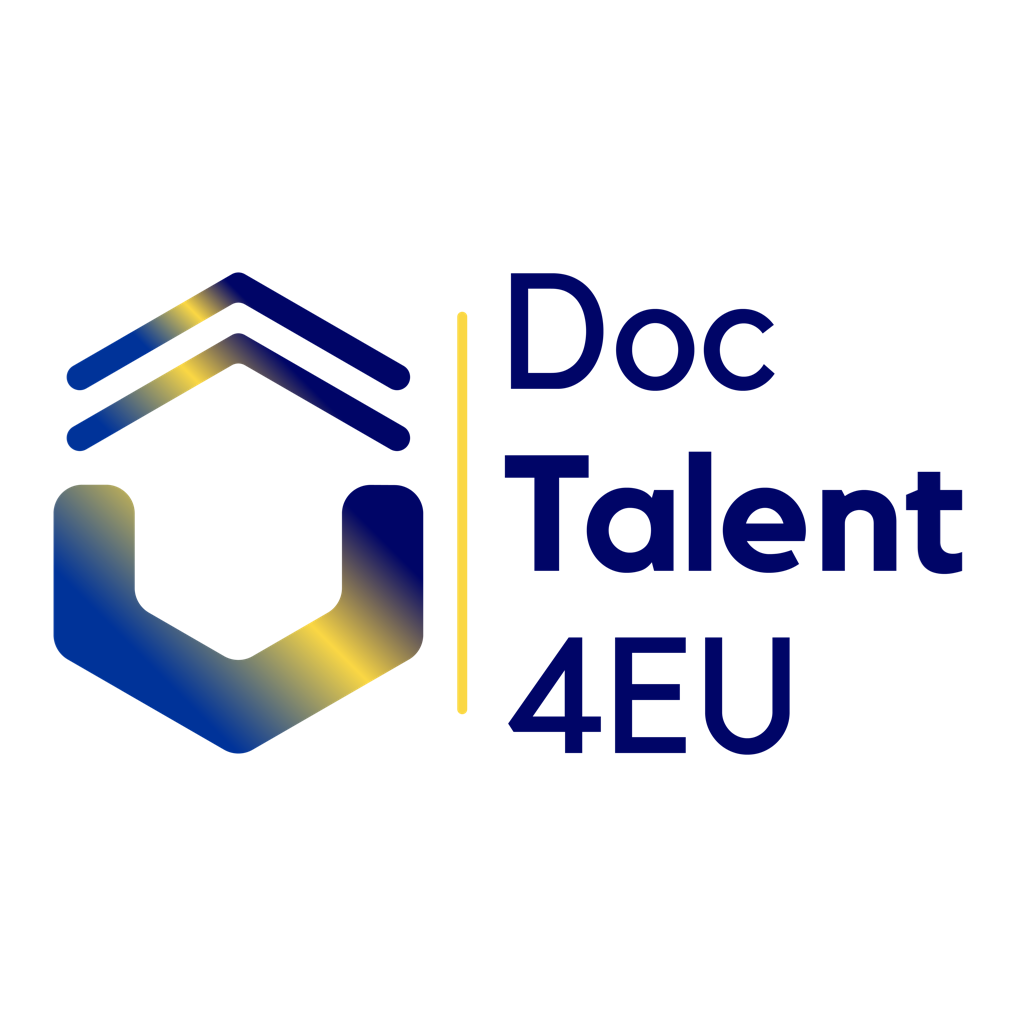In an ever-changing job market, doctoral candidates face increasing pressure to balance their research with career preparation. The challenge lies not only in developing a PhD but in making the transition from academia to a diverse range of industries. Piloted by the DocTalent4EU project across seven European universities, Talent Management Centres (TMCs) are designed to help PhD candidates identify transferable skills, explore career pathways, and connect with non-academic opportunities, without waiting until graduation.
Strategy: start with alignment and inclusion
One of the clearest lessons from the pilots is that successful TMCs don’t operate in isolation. They are embedded in the university’s broader strategic vision. At the University Côte d’Azur, support from leadership, including its Vice-President for Doctoral Policy, helped make PhD employability a priority, while its HRS4R label added credibility and visibility to its efforts.
Early involvement of faculty, supervisors, and industry partners is also critical. Doctoral schools at “Gheorghe Asachi Technical University of Iasi” used self-assessment tools to help candidates identify skill gaps, while University of Porto’s podcast series spotlighted diverse alumni careers to inspire cultural change. Meanwhile, institutions like Western Norway University of Applied Sciences (HVL) tailored services to their unique audiences, offering more advanced training to a cohort of mid-career PhD students.
Implementation: build trust and belonging
TMCs thrive when candidates feel seen and supported. That starts with communication: using ambassadors, storytelling, and timely outreach to make services feel relevant. The University of Limerick (UL), for instance, believed that fostering a sense of community, through cohort-based activities and peer networks, could boost participation significantly.
Mental health also matters. Stress and isolation are prevalent among doctoral students, and integrating well-being initiatives within career development programs can help reduce anxiety and improve engagement. UL embedded well-being into its career coaching, recognising that personal support is a prerequisite for professional development.
Evaluation: measuring impact and securing long-term support
To build sustainability, TMCs must prove their worth. Regular evaluation through feedback loops ensures that TMC services remain responsive to evolving needs. Feedback surveys, focus groups, and career tracking systems are essential tools for continuous improvement. Furthermore, the DocTalent4EU consortium acknowledges that collecting and showcasing success stories, alumni testimonials, and industry partnerships helps maintain institutional and student engagement.
This article offers a brief glimpse into the lessons learned and best practices. To explore the topic further, download the full report: Lessons Learned and Good Practices for Setting Up HEI Local Talent Management Centres.
Cover image by freepik

